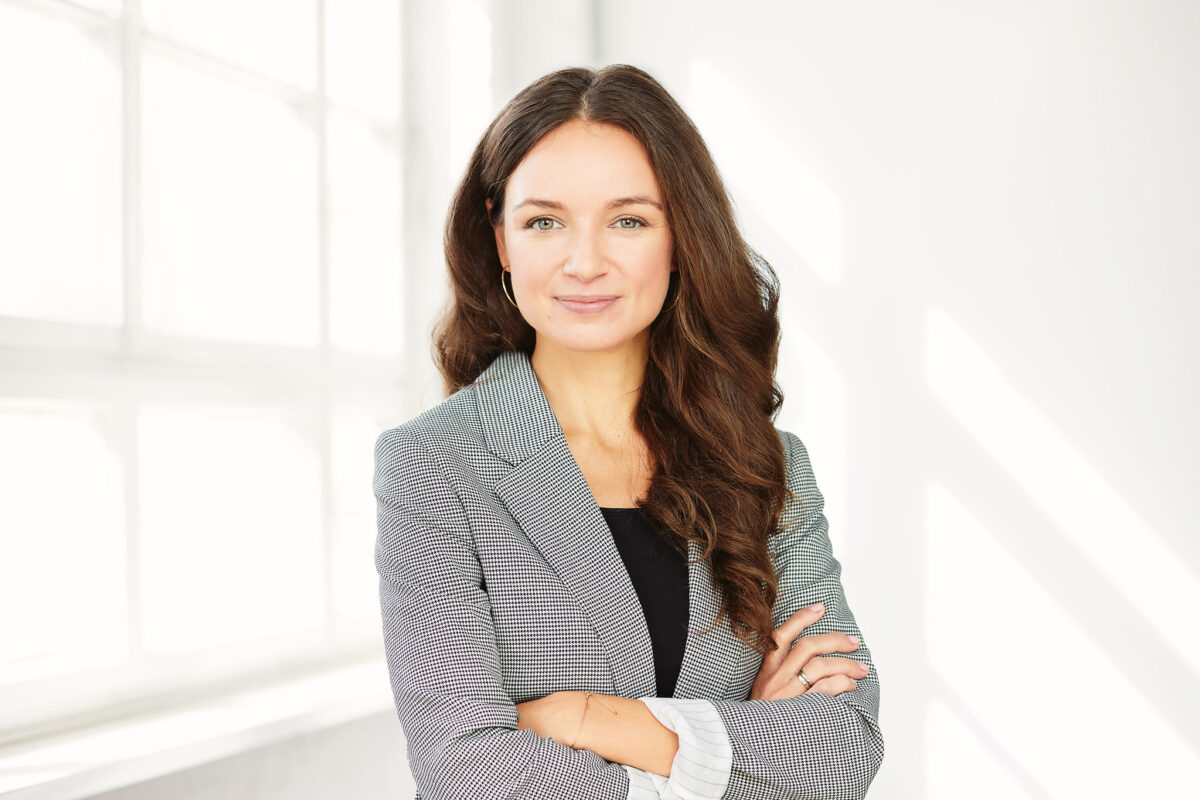A significant portion of jobs in the solar industry are technical roles—installers, electricians, engineers—fields still overwhelmingly associated with men. In Germany, for example, women make up only 1% of applicants in vocational electrician training. There are plenty of reasons for this, from stubborn stereotypes to real challenges women face when they enter these roles, like discrimination and isolation on the job. But this exclusivity doesn’t only affect women. For people with migrant backgrounds in Germany, the challenges are just as real—training programs aren’t tailored to their needs, there’s limited language support, and they encounter similar barriers to inclusion in the workforce.
At the same time, we’re facing a major skilled worker shortage in the renewable energy sector. Estimates suggest that by 2030, Germany alone will need an additional 750,000 professionals in this field. If we don’t rethink how to open up these jobs to a more diverse range of talent, filling that gap will be impossible. The skilled labor shortage highlights the broader consequences of maintaining systems that overlook half the population and vast pools of talent. It’s a reminder of how much potential we’re ignoring and how many skilled, motivated people are being kept from meaningful work because they don’t fit the “typical” profile. We need to open the doors wider and show that this industry doesn’t belong to one group—it belongs to everyone.
At our Academy, we’re challenging these barriers and outdated patterns by directly reaching out to underrepresented groups and designing programs that meet their needs. Our first recruitment campaign highlighted women, and we actively engaged with women’s communities and networks to increase awareness. Although the number of female candidates isn’t yet as high as we aim for—and we know this will be a long journey—we’re already seeing multiples of the typical applications for vocational training. Designing programs for diverse talent is essential. For example, we’ve integrated language learning alongside technical training to give individuals with migrant backgrounds a real opportunity in these roles, and we emphasise flexibility by offering online learning.
By reshaping vocational training, making these opportunities visible, and crafting holistic programs, we can start to redefine the typical image of an electrician or plumber.
But beyond visibility and tailored training, we believe that it is workplaces that need to trailblaze that change. Inclusive workplaces are non-negotiable. Women who consider a career in the trades require real-life examples of professional environments that are made with them in mind. That means flexible schedules, real support for those balancing family responsibilities, and teams actively working to prevent discriminatory behaviors. It also means that, for now at least, women-led training and women-led teams may be necessary to kick-start the change. A working culture that has been dominated by men for centuries needs to send a strong and unmistakable message that they are transforming and literally making space.
The solar industry is relatively young, so it doesn't have to repeat the old structures. We need to act now to ensure that outdated stereotypes don't take hold in this new field. By ensuring that roles in the sector are open to everyone, we can send a signal that the solar industry wants to do things differently and do them right. So let's not waste this chance.
Anna Sauter-Getschmann is the co-founder of the Academy for Climate Jobs, a young start-up from Germany dedicated to reshaping vocational training to make it accessible to diverse talent in the renewable energy sector. Originally from Poland, Anna has lived in Germany for 13 years, working primarily as a consultant with a focus on people-related topics like recruitment, HR, and leadership, before setting out on her own founding journey. Alongside her work at the Academy, she’s also engaged with MoreDiversity.de, a non-profit focused on challenging stereotypes and fostering a more inclusive society.
Interested in joining Anna Sauter-Getschmann and other women industry leaders and experts at Women in Solar Europe? Find out more: www.wiseu.network
The views and opinions expressed in this article are the author’s own, and do not necessarily reflect those held by pv magazine.
This content is protected by copyright and may not be reused. If you want to cooperate with us and would like to reuse some of our content, please contact: editors@pv-magazine.com.



By submitting this form you agree to pv magazine using your data for the purposes of publishing your comment.
Your personal data will only be disclosed or otherwise transmitted to third parties for the purposes of spam filtering or if this is necessary for technical maintenance of the website. Any other transfer to third parties will not take place unless this is justified on the basis of applicable data protection regulations or if pv magazine is legally obliged to do so.
You may revoke this consent at any time with effect for the future, in which case your personal data will be deleted immediately. Otherwise, your data will be deleted if pv magazine has processed your request or the purpose of data storage is fulfilled.
Further information on data privacy can be found in our Data Protection Policy.